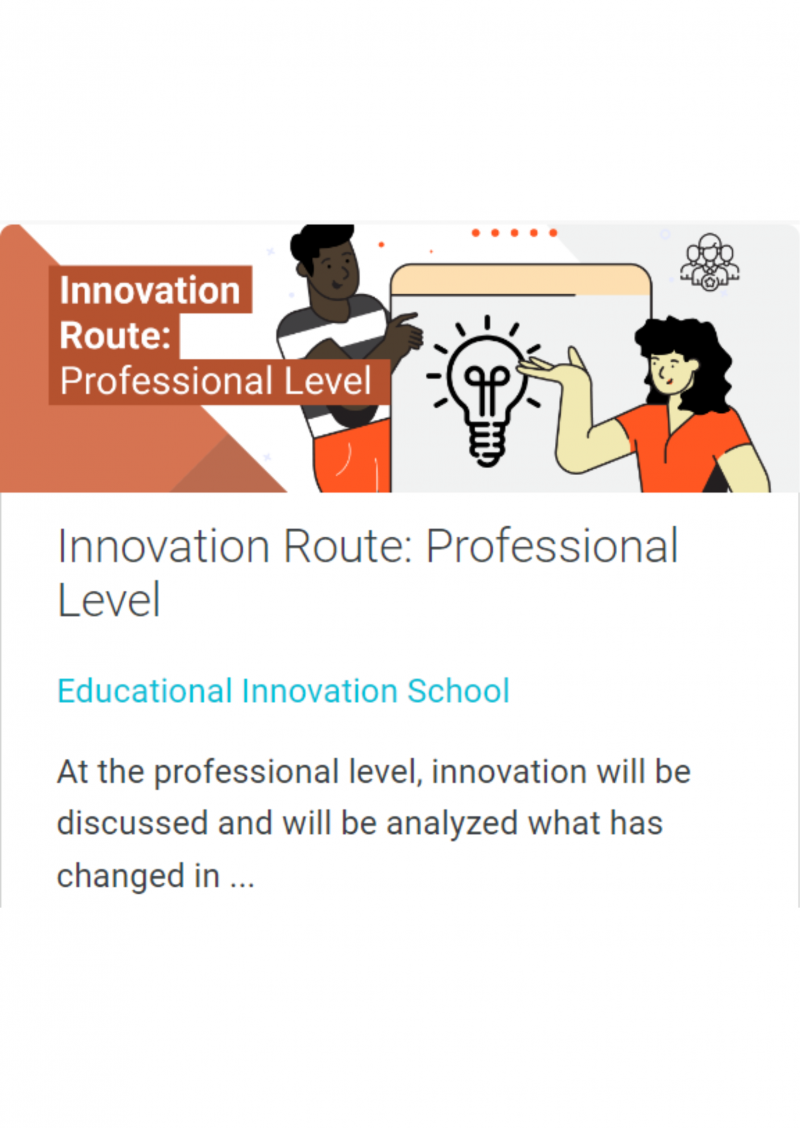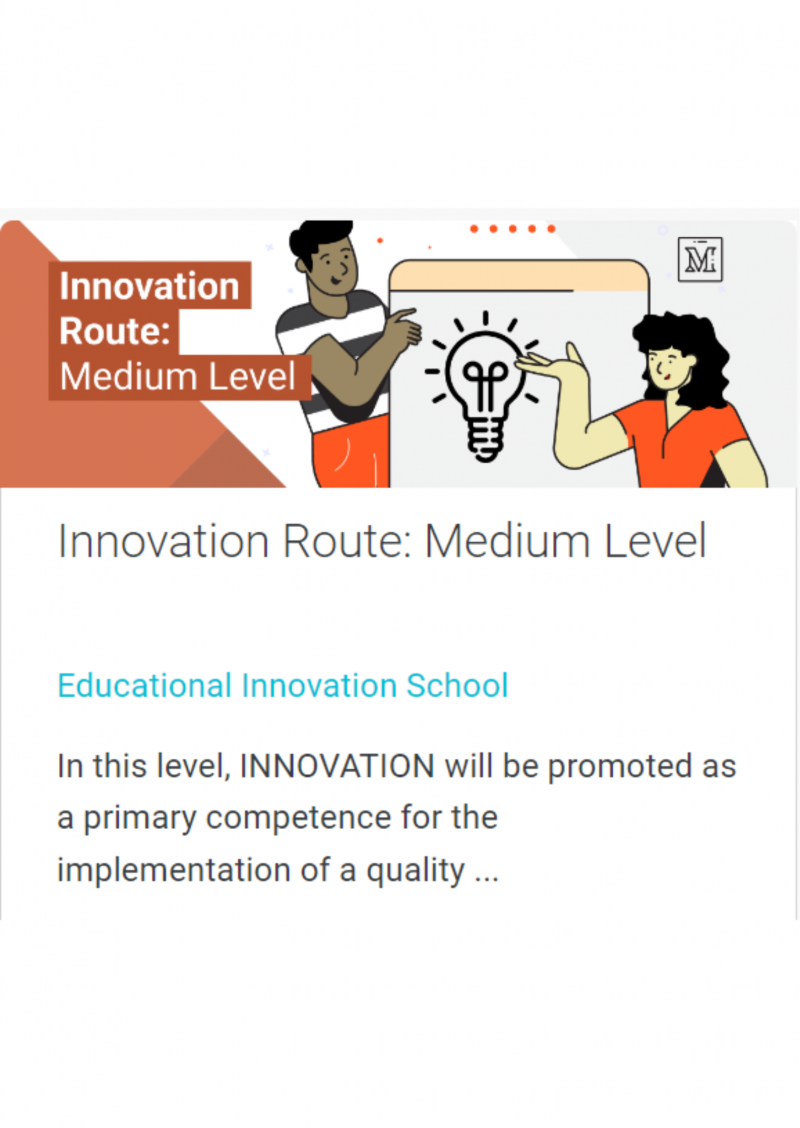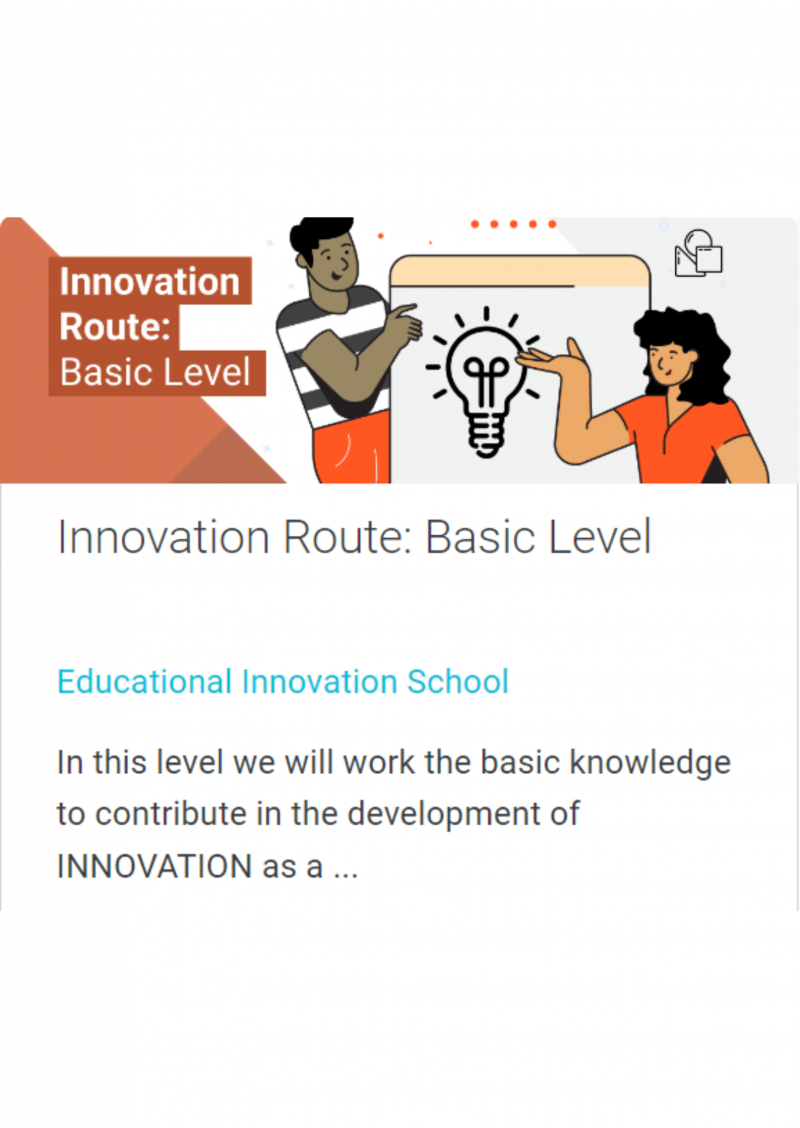Centre de Ressources pour les Enseignants
Affichage de 1 à 9 sur 9
Unlocking Potential: How Generative AI Can Help Enhance Career Readiness
Generative AI has the potential to make career education more accessible and impactful by offering personalized guidance and automating routine tasks. By leveraging AI, educators can design more efficient, tailored learning experiences, ensuring that every student—regardless of background—has access to the knowledge, tools, and opportunities they need to prepare for future success.
Join us on October 29th at 2:00pm GMT, as Sumit shares insights from his action research on how Generative AI can enhance career readiness for students from underserved communities, highlighting how one can leverage technology like GenAI to bridge educational gaps and equip students with the skills needed to thrive in future careers.
Register here
Media and information literate citizens: think critically, click wisely!
This pioneering curriculum presents a comprehensive competency framework of media and information literacy (MIL) and offers educators and learners structured pedagogical suggestions. It features various detailed modules covering the range of competencies needed to navigate today's communications ecosystem. This resource links media and information literacy to emerging issues, such as artificial intelligence, digital citizenship, education, education for sustainable development, cultural literacy, and the exponential rise in misinformation and disinformation. With effective use of this media and information literacy curriculum, everyone can become media and information literate as well as peer-educators of media and information literacy.
This UNESCO model MIL Curriculum and Competency Framework for Educators and Learners is intended to provide education systems in developed and developing countries with a framework to construct a programme enabling educators and learners to be media and information literate. UNESCO also envisions that educators will review the framework and take up the challenge of participating in the collective process of shaping and enriching the curriculum as a living document. The first edition and this second edition of the MIL curriculum have benefited from several series of collaborative and intercultural expert debates and recommendations. The curriculum focuses on required core competencies and skills which can be seamlessly integrated into the existing education system without putting too much of a strain on overloaded education curricula.
The target groups for the curriculum are essentially educators and learners. Educators and learners are understood in the broadest sense of the terms to include teachers at the secondary and primarily tertiary levels, persons involved in training or learning on all forms in NGOs, CSO, community centers, the media, libraries, online or offline. Given that the curriculum was developed with adaptation in mind, it can be used by various stakeholders interested in the field of MIL. Users may need to adapt the content to make it more relevant or accessible to specific target groups. The curriculum is also relevant to government officials and ministries, and other social and international development organizations.
The Digital Educator | A Primer
A course for educators interested in using digital technologies to create relevant, authentic, and engaging learning experiences. It enhances the knowledge of digital tools and the ways to use them meaningfully in teaching. Designed for both novice and expert users of technology to extend and supplement practice. This short course empowers educators on digital pedagogy. It focuses on using technology as an ecosystem to be leveraged for improved learner agency across virtual and hybrid learning scenarios. Using Universal Design for Learning (UDL) principles, educators learn to integrate digital tools to create impactful learning experiences. The course integrates social-emotional learning competencies promoting whole brain learning.
Route de l'innovation: Niveau professionnel
Le niveau professionnel traitera de l’innovation et analysera ce qui a changé dans les méthodologies pédagogiques. Des cas de réussite et des suggestions d’application de ces méthodologies seront également évoqués afin de faciliter l’identification des points à améliorer, des besoins et des problèmes en classe.
L'inscription (gratuite) sur la plateforme de ProFuturo est nécessaire pour accéder au cours.
Route de l'innovation: Niveau avancé
Cette proposition se centre sur le travail de l’innovation en tant que compétence pour la transformation du système éducatif. Il s’agit de mettre en pratique l'innovation en développant de manière créative des applications technologiques.
L'inscription (gratuite) sur la plateforme de ProFuturo est nécessaire pour accéder au cours.
Route de l'innovation: Niveau intermédiaire
Cette proposition de développement professionnel mettra en avant l'innovation comme compétence primordiale pour la mise en place d’un modèle d’enseignement-apprentissage de qualité. À ce niveau, l’enseignant connaîtra des expériences éducatives innovantes qu’il pourra mettre en pratique dans son centre éducatif.
L'inscription (gratuite) sur la plateforme de ProFuturo est nécessaire pour accéder au cours.
Route de l'innovation: Niveau de base
L'objectif de cette proposition de développement professionnel des enseignants est de réfléchir à l'importance de l'innovation et de la créativité en classe et de créer les bases du développement de pratiques visant à la favoriser. Ce niveau se focalise sur le travail des connaissances de base pour contribuer au développement de l'innovation en tant que compétence fondamentale favorisant le succès personnel et professionnel des élèves.
L'inscription (gratuite) sur la plateforme de ProFuturo est nécessaire pour accéder au cours.




